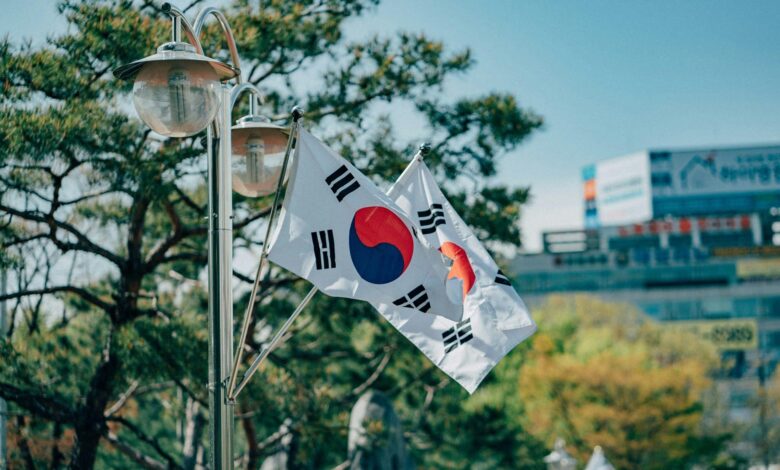South Korea Decides to Invest $7 Billion in AI to Boost Its Semiconductor Chip Industry

- South Korean government has decided to invest 9.4 trillion Won ($6.94 billion) in AI by 2027 and a separate 1.4 trillion Won (approximately $1 billion) in nurturing AI firms
- Just as South Korea dominated the memory chip industry for the last 30 years, president Yeon wants his country to dominate the AI and semiconductor chip industry as well
- He also confirmed that the earthquake in Taiwan hasn’t affected South Korean companies

South Korean President, Yoon Suk Yeol, has announced some massive plans for AI in the coming years. The government has decided to invest a whopping 9.4 trillion Won ($6.94 billion) in AI by 2027 to strengthen South Korea’s position in the semiconductor chip market.
Along with this, a separate funding of 1.4 trillion Won (approximately $1 billion) has been announced to support the semiconductor manufacturing firms in the country.
The funding will mostly go towards the research and development wing focused on AI chips such as next-generation high-bandwidth memory chips and artificial neural processing units (NPUs).
The aim is to create technology and models that go beyond anything the world has seen so far. Speaking about these initiatives, Yeol said that it’s no secret that the future of semiconductor chips depends on AI.
And the influence of this industry is such that the competition is no longer contained among companies – it’s also between nations. Hence, it’s important that South Korea takes all the necessary steps to be at the top of this competitive industry.
Read more: OpenAI considers manufacturing its own AI chips amidst shortage
Why is South Korea so focused on boosting the semiconductor industry?
South Korea is home to some of the biggest semiconductor companies such as Samsung and SK Hynix. Plus, South Korea’s economy is export-driven and semiconductor chips are their best-selling product. It makes up for a huge chunk of their total revenue.
In March, semiconductor chip exports brought in a revenue of $11.7 billion – the highest in the last 21 months and 1/5th of the total revenue generated from exports.
So, it’s natural for the country to try and retain its position. After all, it’s their biggest source of income. Also, the competition is really fierce and it looks like South Korea is trying to keep up with countries like the US, China, and Japan that are all making heavy investments in their respective AI sectors.
As of 2022, integrated circuits constituted 17.2% of all South Korean exports, valued at around $121 billion.
There’s also no dearth of opportunities as the world is going through an acute shortage of AI chips. These chips are indispensable for the growth of AI technologies. For the same reason, AI is expected to boost copper demand by 1 million tons per annum by 2030.
We already saw how Nvidia became one of the most valued companies in the US and almost tripled its sales in a single year, riding on the demand for AI chips. If South Korea can fill this massive demand hole, it can emerge as a world leader in the AI industry.
President Yeol has some really ambitious goals for South Korea. He wants the country to dominate the AI chip industry, be in the top 3 manufacturers of AI technology and chips, and also get at least 10% (if not more) of the global system semiconductor market, all by 2030.
Just as we have dominated the world with memory chips for the past 30 years, we will write a new semiconductor myth with AI chips in the next 30 years.South Korean President, Yoon Suk Yeol
On a side note, he also acknowledged the earthquake that shook Taiwan (one of the biggest manufacturers of semiconductors) and assured that it hasn’t had much impact on South Korean companies yet. However, just to be on the safe side, he has already ordered preparation for unforeseen events.

